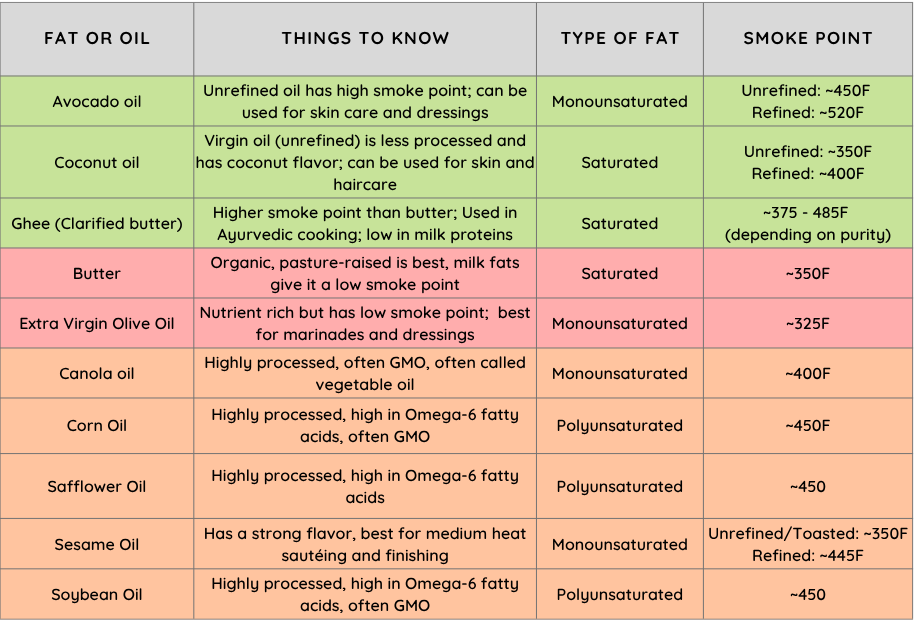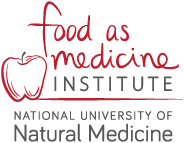
We’re in the heart of summer, and that means it’s prime grilling season. Backyard BBQs are one of the season’s highlights, bringing friends and family together to share good food and great company.
But there’s a catch: charred meats, sugary sauces, and highly processed sides can turn a fun cookout into a source of hidden health risks, from carcinogens to inflammatory ingredients.
While that might sound scary, you don’t have to give up BBQ favorites to stay healthy. With a few simple tweaks, healthy grilling can be both delicious and nutritious, so you can enjoy all the flavor without worry.
Choosing Quality Meat: Grass-Fed, Pasture-Raised, and Nutrient Benefits
Sourcing matters. One of the first steps to healthy grilling is your meat. Grass-fed meat and pasture raised meats have higher nutrient levels than those raised conventionally. This is thought to come from the diverse nutrients consumed in the animals’ grass and plant rich diet. They’re rich in omega-3 fatty acids (healthy fats), phytochemicals, antioxidants, and conjugated linoleic acid (CLA) all of which help fight inflammation and oxidative stress.
CLA, specifically, has been linked to multiple health benefits, including regulating blood sugar and insulin levels, decreasing the risk of heart diseases, and may help with weight loss.
On the other hand, conventionally raised meat is usually grain fed. Grain diets are less nutritious and have higher levels of omega 6 fatty acids, which can promote inflammation if eaten regularly. Additionally, the hormones and antibiotics often used in conventional farming may disrupt the gut microbiome and interfere with hormone balance over time.
When buying meat for the grill, look for:
- Grass-fed and finished beef
- Pasture-raised poultry and pork
- Organic or certified humane labels
- Local farms or ranches that are transparent about their animal care and feeding
How Marinades Reduce Carcinogens and Improve Flavor
What most people don’t know is that marinating is about more than just flavor. It’s a way to protect your health when grilling. Cooking meat at high temperatures can create harmful compounds like heterocyclic amines (HCAs) and polycyclic aromatic hydrocarbons (PAHs). These have been linked to cancer in animal studies and research suggests a potential cancer risk in humans.
Marinades help reduce the formation of these compounds while also providing great flavor and keeping meat moist. Acidic marinades that use, lemon juice, wine, yogurt and vinegars promote the breakdown of meat fibers, lowering the formation of HCAs when meat is grilled. You can find simple marinade recipes to make a home as alternatives to store-bought dressings and sauces that are often high in added sugar.
Our favorite Marinade Ingredients
- Acids: lemon juice, apple cider vinegar, wine, yogurt
- Antioxidant Herbs: garlic, rosemary, oregano, thyme, turmeric
- Healthy fats: avocado oil (has a mild flavor for marinades and a high smoke point- more on that later!)
What Are AGEs (Advanced Glycation End Products) and How to Reduce Them
Grilling also can increase the risk of exposure to Advanced Glycation End Products (AGEs). These are harmful compounds that form when sugars react with proteins or fats during high-heat cooking like grilling, broiling, or frying.
When we consume AGEs regularly, our body has a harder time expelling them. They accumulate in our tissues and organs, particularly those with long-lived proteins like collagen. AGEs can increase oxidative stress, inflammation, insulin resistance, and promote aging and chronic conditions like diabetes and heart disease.
Tips for reducing AGEs in your meat:
- Use acidic marinades with antioxidant-rich herbs and spices
- Avoid overcooking or blackening your meat
- Cook at moderate temperatures and flip meat frequently to reduce carcinogens
- Choose smaller cuts of meat that cook faster and more evenly
While we focus most of the attention on meats, it’s important to know that grilling vegetables and plant proteins from far fewer AGEs than animal proteins. This makes them a balanced alternative when watching your AGE intake.
Best Oils for Healthy Grilling: High Smoke Point Options
Oil plays a key role in grilling, but not all oils should be treated the same. Each one has a different smoke point, the temperature when it starts to break down. If heated past this point, oils can release harmful free radicals and other toxic compounds in your food. It can also create off flavors in your changing how your meat and grilled veggies taste.
Here is a guide to our most common kitchen oils and where they fall on the smoke point spectrum.

Healthy BBQ Sides: Building a Balanced Plate
To optimize your healthy grilling experience even further, think about the FAME plate when planning your meal. Food as Medicine Everyday (FAME) prioritizes a vegetable-forward diet. This means filling half your plate with grilled or fresh veggies alongside whole grains and fruit. Zucchini, eggplant, mushrooms, asparagus, corn, and peppers are great on the grill.
A fresh salad, fruit salsa, or whole grain side adds fiber, increases nutrients, including vitamins and minerals, and helps with hydration. To mix things up, you can occasionally use plant-based proteins, such as tofu, tempeh, mushrooms, or bean burgers. Buy organic when possible, as soy products like tofu can be highly processed and GMO.
The Takeaway
Healthy grilling starts with intention. By choosing quality meats, using flavor-packed marinades, understanding how heat affects food, and choosing the right oils, you’ll unlock all the smoky, savory flavors of the grill, without the health drawbacks. Whether you’re hosting a summer cookout or just firing up the grill for a quick weeknight dinner, these tips will help you savor the season, boost nutrition, and enjoy every bite.

